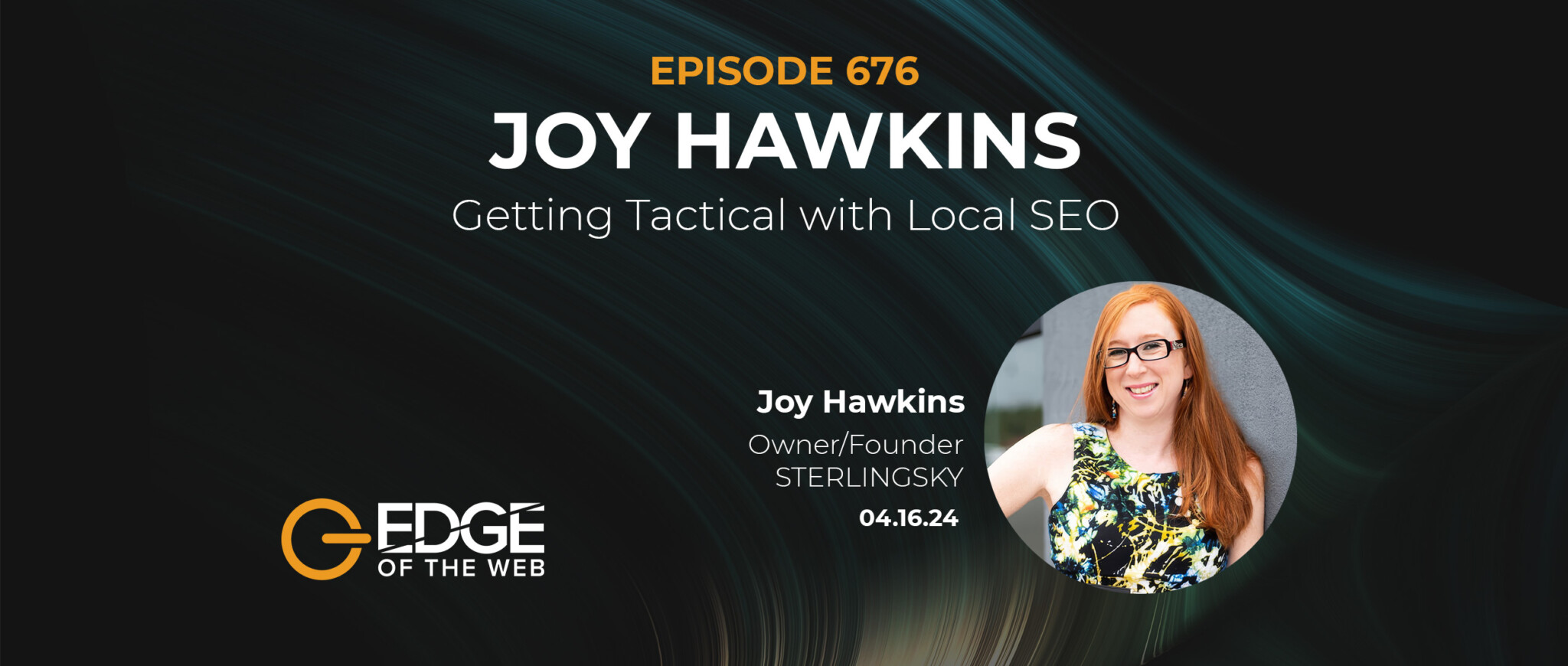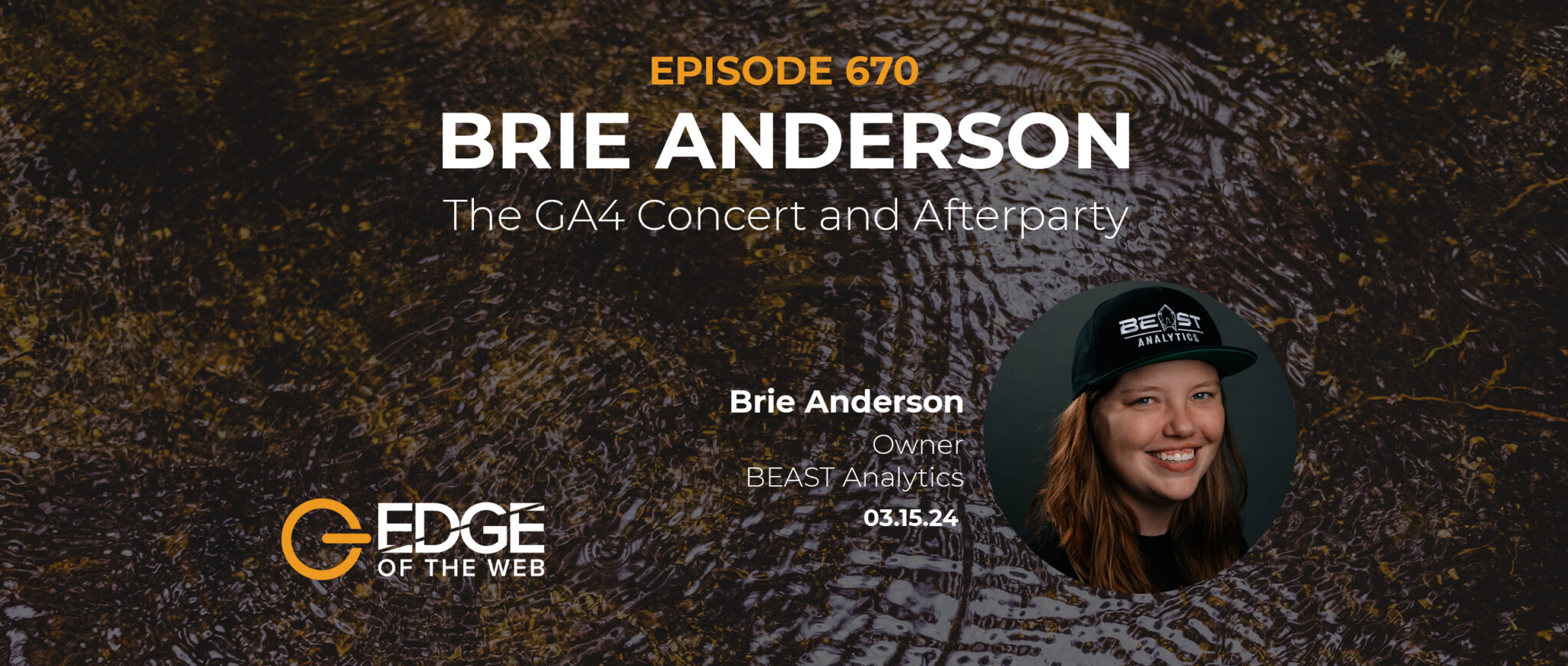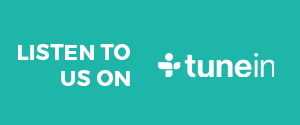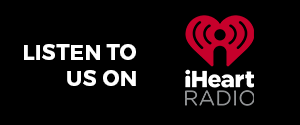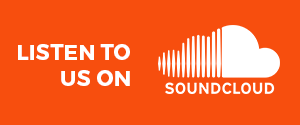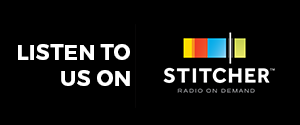Max Yoder, CEO and Co-Founder of Lessonly, has learned many great lessons on how to make work better, which have been collected together into his book that came out in February 2019 called Do Better Work. He spoke with Site Strategics CEO Erin Sparks in-person at the EDGE studios during episode 312 of the award-winning EDGE of the Web podcast. Here’s what we learned:
 Want to Do Better Work? Be a Better Teammate!
Want to Do Better Work? Be a Better Teammate!
One way to think of Max Yoder’s Do Better Work book is like a guidebook for how to be a better teammate. It outlines eight different behaviors that lead to more camaraderie and clarity, which are the surest pathways to making more progress on any team. And the eight behaviors apply to any kind of team setting. If you’re in a relationship with someone, you become a team. You and your spouse make up a team. The eight behaviors outlined in the book apply to any kind of team, whether it’s in the workplace or outside the workplace.
The processes involved in doing better work a being a better teammate are all two-way streets. If you don’t have clarity, you have to seek it out – not just sit back and claim a lack of clarity as your excuse for not doing better work. Camaraderie is the same way, you have to show trust and mutual respect get trust and mutual respect. You have to actively earn it. The responsibility is very much on the individual to look at themselves and identify how to be better and do better, not just point fingers at everyone else.
What About Those Who Don’t or Won’t Do Better Work?
What happens when you have a person or people who don’t want to do take that individual responsibility to do better work? Realize first that those people are in a small minority. You could think of it as the 80/20 rule. Focus your efforts on the 80% who want to do better work. For the 20% who don’t want to do better work, you need to let them go. But only after you’ve followed the step of “get more agreements.” You make agreements with the person, say in the form of performance goals, about what they need to do, mutually agreed upon. If they repeatedly don’t hold up their end of such agreements, then it becomes grounds for letting them go. The only time it’s not fair to do so is when there is a lack of clarity. You’ve got to get the clarity piece down so there’s no excuse for not doing better work. Expectations must not be unspoken! And remember that just because you know something doesn’t mean everyone else knows it to. Always actively seek clarity first.
Turning Conflict into Compassion and Progress
This one gets the most air-time in the book, and for good reason. If often feels like humans are hard-wired for conflict rather than the difficult task of finding solutions through collaboration. It’s always easier to blame and point fingers. The key is that you have to model the behaviors you want to see in others. You want someone to do something or behave a certain way? Show them by doing it yourself. You can’t expect anyone to do something you’re not doing yourself. And point out other people who are shining examples of what to do, because recognition is always a good thing for those are doing it right.
You must always be clear about what matters to you and why. The opposite of compassion is when you leave someone in the dark. You tell them they’re messing up but you don’t explain how or why, so they have no clarity and there’s no way for them to do better work if you haven’t shown it or explained it clearly. This happens all the time and it’s horribly hurtful. The compassion chapter is the longest in the book because it draws heavily on the nonviolent communication model created by Marshall Rosenberg, which is pure gold for the do better work movement.
Realize that conflict is inevitable, so the key is knowing how to use it for learning and growth rather than just trying to avoid it or win it at all cost. What’s crazy is how much material is included in educational curricula that students aren’t going to deal with on a daily basis, whereas they will have to deal with conflict every single day for the rest of their lives and we don’t teach anything about it in school!
The “Crushing It” Culture is a Huge Barrier
One of the things that bothers Max the most about the quest to Do Better Work is the pervasiveness of what he calls the “Crushing It” culture. When that’s the frame of mind, then you’re either “crushing it” or you’re not. This makes everyone defensive about where they’re at and what they’re doing. What’s really needed is a culture of vulnerability where people can openly and honestly talk about what’s going well and what needs improvement. No one is “crushing it” all the time.
The good news is that Max also sees how hungry most people are to Do Better Work, and they just need the tools to do it. Remember, most people want to Do Better Work. The guidance offered in Max’s book, Do Better Work, seems so obvious. He’s always careful to point out, however, that just because it’s obvious doesn’t mean it’s happening. Clearly it’s not happening in most workplaces. And remember, if you want to SEE it, BE it!
Connect with Max Yoder, CEO and Co-Founder of Lessonly
Twitter: @MaxYoder (https://twitter.com/maxyoder)
LinkedIn: https://www.linkedin.com/in/maxyoder
Max’s posts on Lessonly: https://www.lessonly.com/blog/author/lessonly
Max’s book: Do Better Work: Finding clarity, camaraderie, and progress in work and life
Lessonly Twitter: @lessonly (https://twitter.com/lessonly)
Lessonly Facebook: @lessonlyapp (https://www.facebook.com/lessonlyapp)
Lessonly website: https://www.lessonly.com
Site Strategics and Your Digital Marketing ROI
If you’d like to find out the truth about whether or not your digital marketing efforts are paying off, Site Strategics can help! Find out how you’re really doing with EDGE sponsor Site Strategics and a Digital Marketing ROI Report that examines your existing SEO, content, social media, and PPC. Visit https://edgeofthewebradio.com/roi/ to get 30% off a comprehensive review of your digital assets!








 Want to Do Better Work? Be a Better Teammate!
Want to Do Better Work? Be a Better Teammate!
